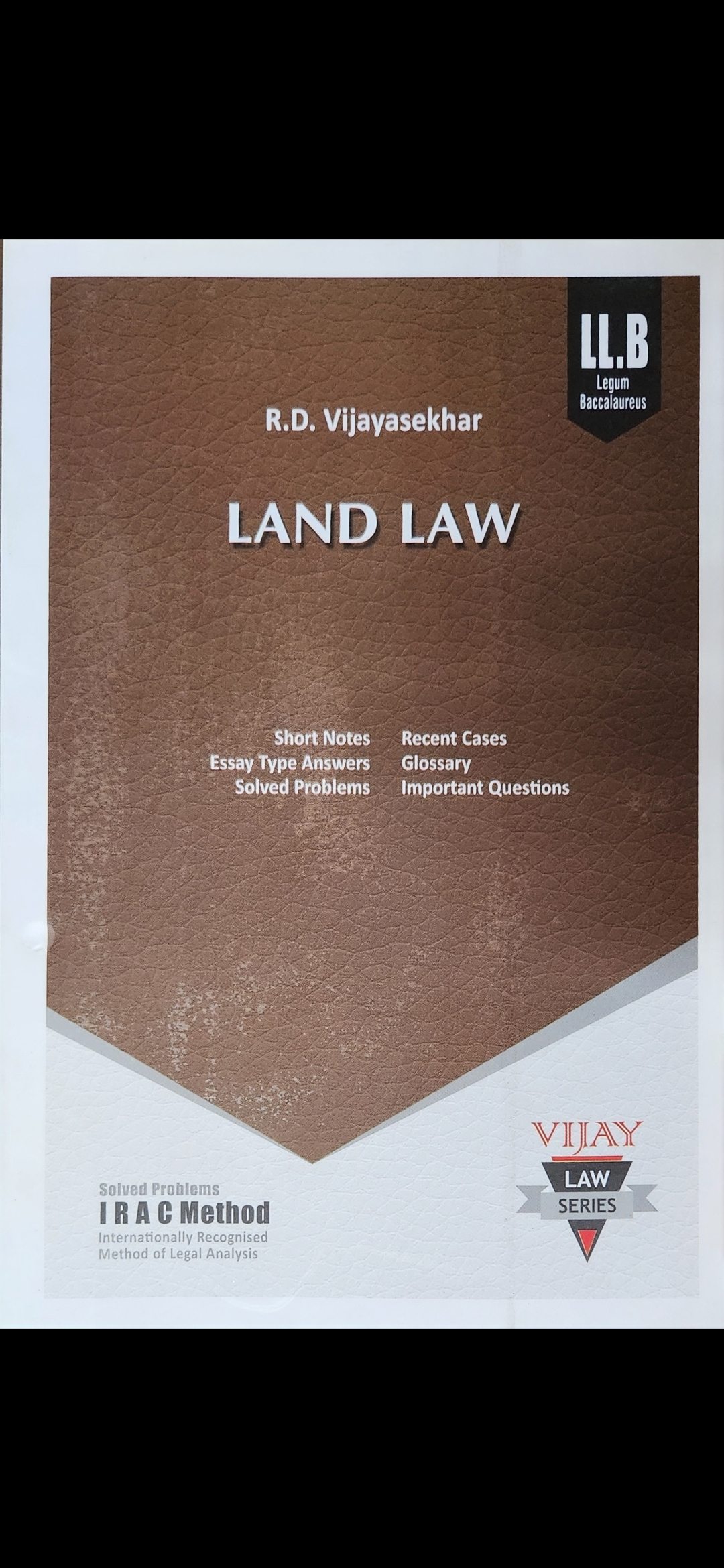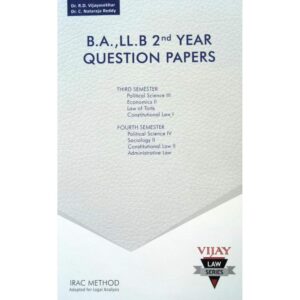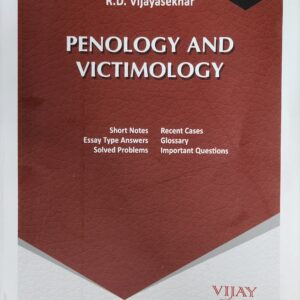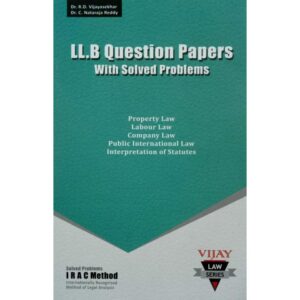LAND LAW BY VIJAY LAW SERIES
Description
Land is the gift of nature. In a civilized society, human being living began with the land. It regulates the birth, the growth and the death of living things. Land is the territory occupied by a nation, or the land on which real estate is located, or material in the top layer of the surface of the earth in which plants can grow, or territory over which rule or control is exercised, or the nation or country in which people live.
Land law is related to the acquisition, protection and conflicts of people’s rights in land. Many landlords think that their property rights are absolute under the law, but this is not correct. Government is the universal owner of the property as per the doctrine of eminent domain. The consent of the owner is not required for taking over the private property. Usually the government pays compensation to the owner.
The legislative power to make laws relating to land and land ceiling is in the state list. Different states have enacted their own laws on this subject. The study of the Constitutional perspectives relating to land laws is essential to the law student. The provisions in the Constitution in Part III, IV and XII as well as those in Schedule VII relating to distribution of legislative powers over land are essentially to be studied with emphasis.
……………………………………………………………………………..
Contents
Chapter 1 : Concept of Land
Chapter 2 : Movement of Land Reforms
Chapter 3 : Land Acquisition Act, 1894
Chapter 4 : Ceiling on Agricultural Holdings
Chapter 5 : Urban Land (Ceiling and Regulation) Act, 1976
Chapter 6 : Tenancy Laws
Chapter 7 : Andhra Pradesh Rent Control Act, 1960
Chapter 8 : AP Assigned Land (Prohibition of Transfer) Act, 1977
Chapter 9 : AP Land Grabbing (Prohibition) Act, 1982
Chapter 10 : Forest (Conservation) Act, 1980
Appendices
Short Notes Index
Short Notes
Dictionary
Frequently Asked Questions
Reference Books
Subject Index





Reviews
There are no reviews yet.